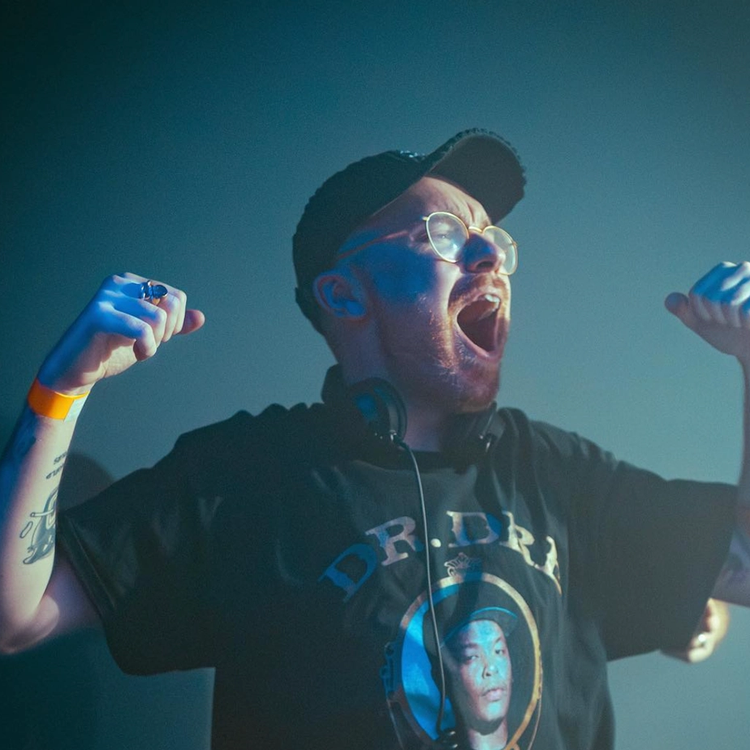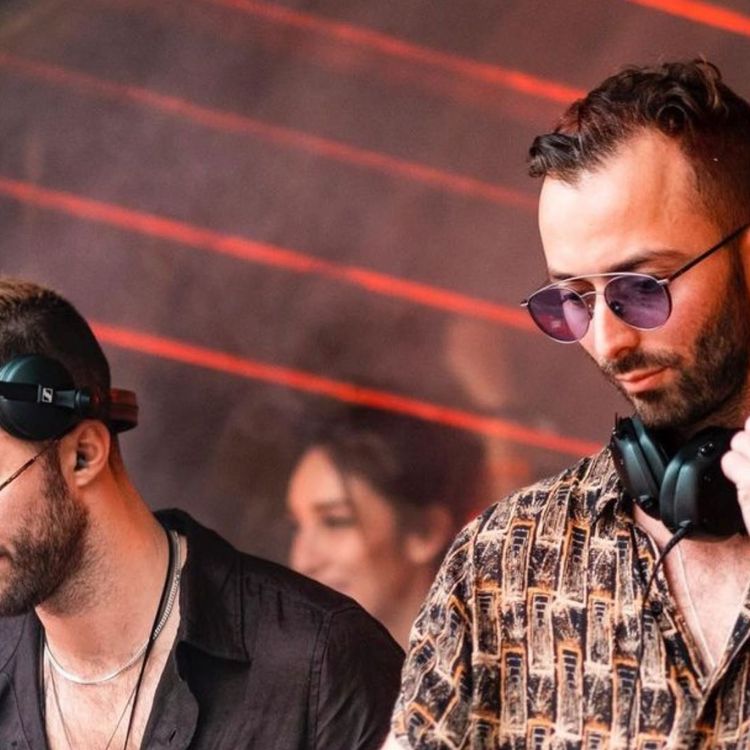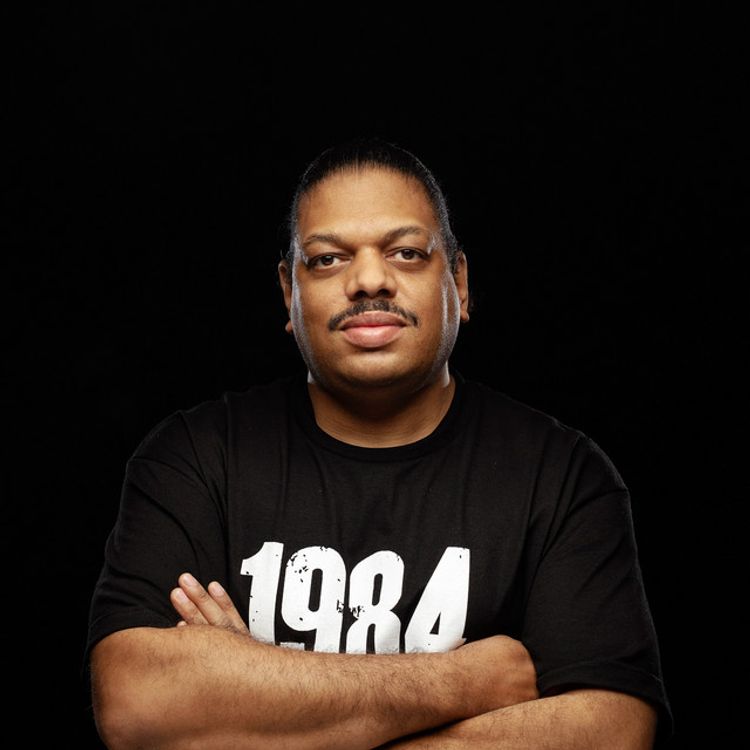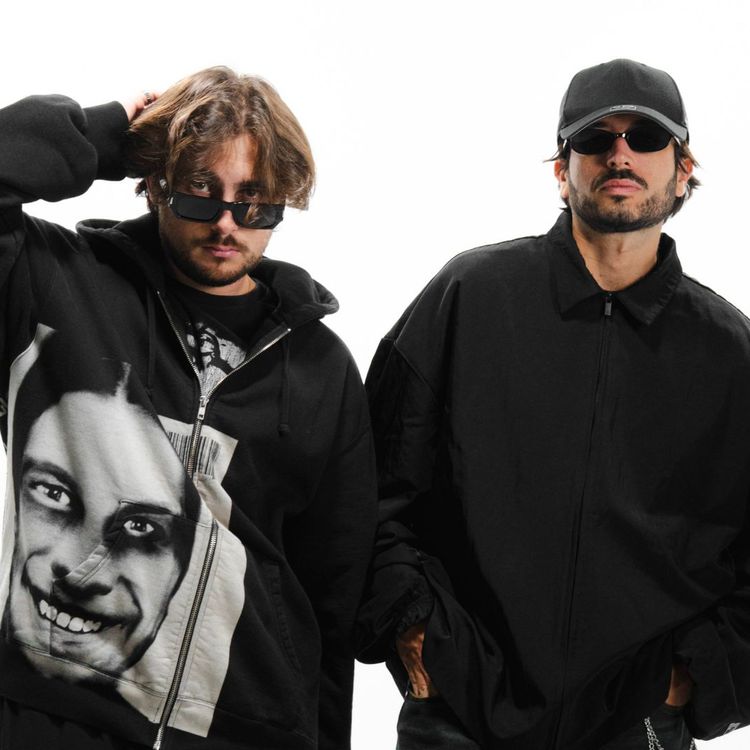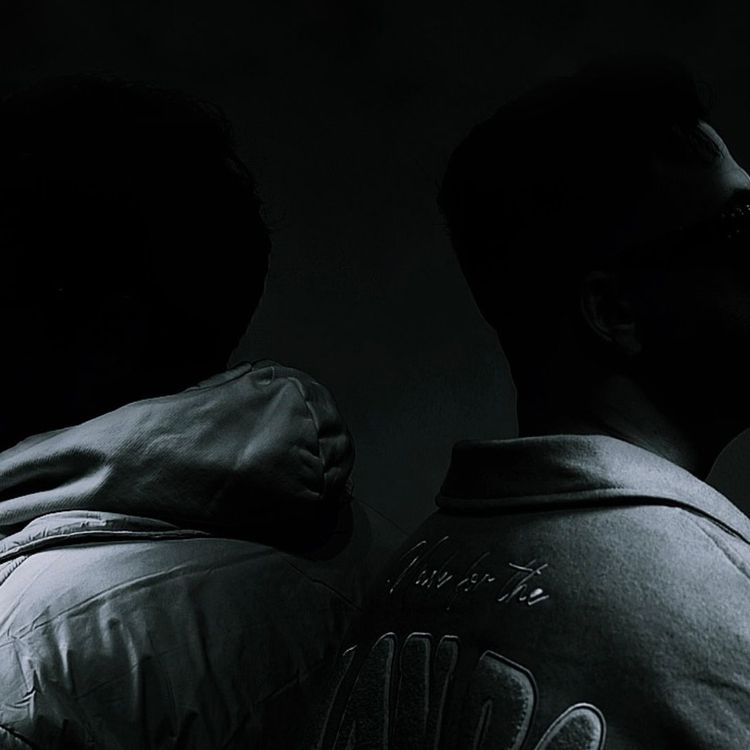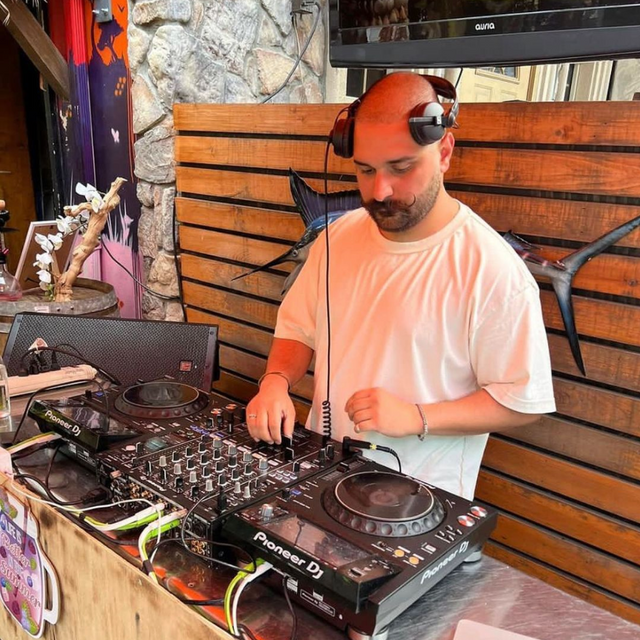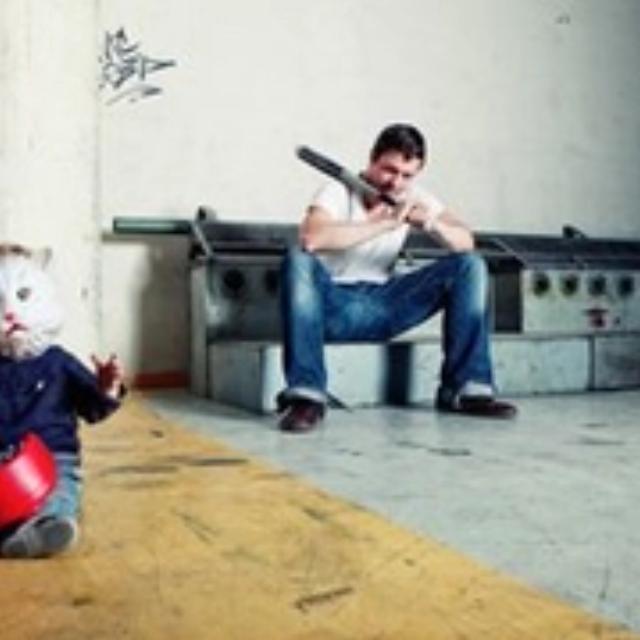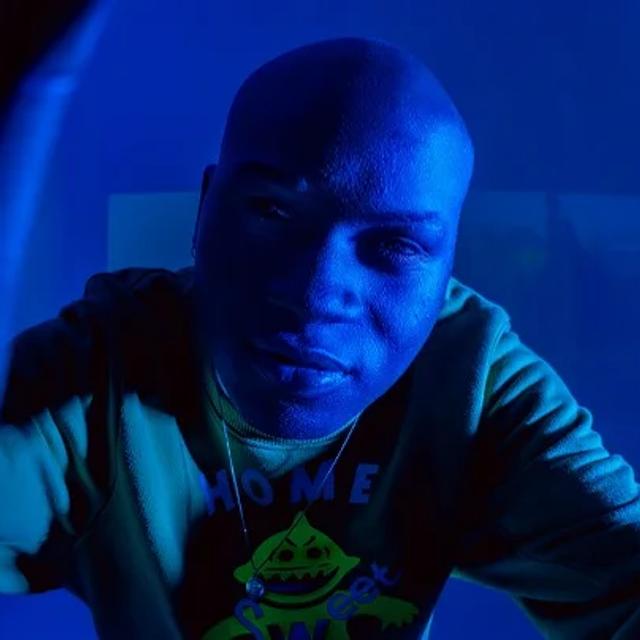Artist Spotlight
Brother sister duo Shermanology, neé Andy and Dorothy Sherman, have a sound defined by a rich musical and cultural background woven into every note of their soulful grooves. Over their decade-spanning career, they’ve released on some of dance music’s most lauded imprints, from Defected to Spinnin, Armada, Dirtybird, and Cuttin Headz to Afrojack’s Wall Recordings. They’ve seen many iterations bouncing from R&B to Motown to garage to EDM. However, over the last half-decade, they have redefined themselves, infusing a uniquely crafted brand of tech house with their Dutch-Caribbean roots for a sound that is the sum of a lifetime of passion for musical expression.
Their father and uncle were part of the 70’s R&B group the Sherman Brothers, and they grew up amid a hum of activity, creative work, and DIY ingenuity. While they watched their family perform, craft outfits, and write music, Dorothy always knew that she would eventually follow the same path.
“Our lullaby was the metronome from the Atari,” Andy laughs. “My dad was making music while we were in the room trying to sleep. It was all day, every day, just music.”

Dorothy was the first to enter the professional world as a singer saying that when she was 13, her father laid a stack of money on the table and told her, “if you do the backing vocals, this is all yours.”
While Dorothy had a natural inclination toward song, Andy jokingly says he still needed to learn how to sing before he could join the family band. Still, Dorothy adds, his musical ability was innate. His pitch was so sound that even as an observer, he was often the first to notice when someone was a bit off-key during practice.
By the time the siblings were well into their teens, they were on their way to their first collaboration.
Andy explains that when Dorothy was invited to a singing competition for the Dutch islands of Curacao, Aruba, and Bonaire, “She said, No, I’m only doing it if she can do a duet with Andy. We did ‘Endless Love.’” Three months later, they started their first R&B group.
Dorothy was Andy’s entré to performing. And as the two progressed, he opened a gateway to dance music. In 2002 Andy replaced Craig David as the front man for iconic UK garage outfit Artful Dodger. While he traveled the world playing at festivals and clubs, Dorothy fell in love with dance music. And when he returned to Holland, he brought her on stage to sing with him while MCed at events.
“Before I knew it, I became an MC,” Dorothy recalls. “But I didn’t like that because you can only sing the songs they allow you to sing to.” Six months later, fed up with a lack of creative capital, they decided they could make music independently.
At the time, EDM was striking big, and the Dutch scene was producing landmark talents like Avicii, Fedde le Grand, Laidback Luke, Don Diablo, and Sidney Samson, all of whom were collaborators. And while it became a lucrative period, they felt they had strayed from the soul and depth that had inspired their musical path.
“The EDM period for us, gave us the chance to know what we stand for. And the music that we made at that time, we wouldn’t play it ourselves. We never played it at our parties or in the car. So, we did it as a job,” Andy tells us. “With all the respect for everything that happened in those years with us— because we learned so much and we have so much fun— we never felt it was ours. We always felt like we had somebody else’s shoes on.”
So, they stepped back from promising careers at the top of the game to reassess and recalibrate. And while they were both undeterred by the risks of a pivot, they admit that it was one of their most difficult periods. “At some points, we were like, how long is it going to take? Because I’m starting to lose inspiration,” Dorothy says. “And funds,” Andy adds.
Feeling professionally and creatively fulfilled was difficult, and so was shaking the EDM image. It was challenging to earn the respect of the often insular underground house music community.
“It all changed when I saw Jamie Jones at a festival in Holland. That was way before we started the Shermanology thing,” Andy recalls. “And then I got his email from someone, and I sent him a picture and said, ‘I met you a couple of years ago at Extrema, I’ve got a few tracks for you. Let me know.’ And he replied, ‘I want all three of them.’ And when that happened, that’s when we knew the sound that we are making is working for the scene.”
“Get Loose” and “Champion Sound” were two of those songs, and while they ultimately ended up on Rawthentic, Jamie became one of their fiercest supporters. Choosing to keep those records for Rawthentic and wait for the right time for a Hot Creations release proved a smart decision. Not only did they earn the respect of two landmark labels, but when the chance to do an EP with Hot Creations came around, it ended up being one of their most poignant musical stories.
“Bon Bini,” written entirely in their native language, Papiamentu, translates to welcome. And they’ve said that it represents everything they stand for. The shimmying rhythmic precision and chant-like vocals are indicative of their culture-fusing style.
Shermanology explains how they took inspiration from Snoop Dogg and D Smoke’s “Gasper Younger.” The song samples “Bre, Petrunko,” by the Koutev Bulgarian National Ensemble. The haunting vocal sung in a traditional Baltic style became a lightweight obsession for Dorothy. When she found the acapella and sent it to Andy, he suggested they make it their own.
They signed the record to Hot Creations with the sample intact; however, the original rights holder wouldn’t clear it. “So we redid the whole vocal in that week,” Andy explains. “A friend of ours passed away. And we said, let’s write this lyric for our friend who passed away. And we redid the whole track in our own language.”

The result was far more indicative of their unique musical style than it would have been with a sample. The tight harmonies, complex rhythm, and uniquely touching beauty intertwine with Shermanology’s penchant for playfully syncopated percussion.
Dorothy’s ability to mimic the song’s vocally demanding stylistic elements while still infusing it with her sense of soulful sophistication makes it one of the more compelling tech house offerings in recent memory.
The ingenuity and self-awareness it took to write something so passionate and personal speaks to the nature of their music and why Shermanogy’s moment will continue to last. The fusion of so many musical traditions is exactly what dance music needs, especially when so much music remains a paint-by-numbers affair. Shermanology stands out because they insist on authenticity.

